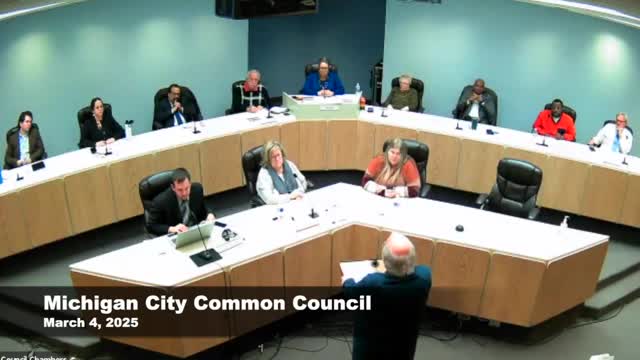Article not found
This article is no longer available. But don't worry—we've gathered other articles that discuss the same topic.
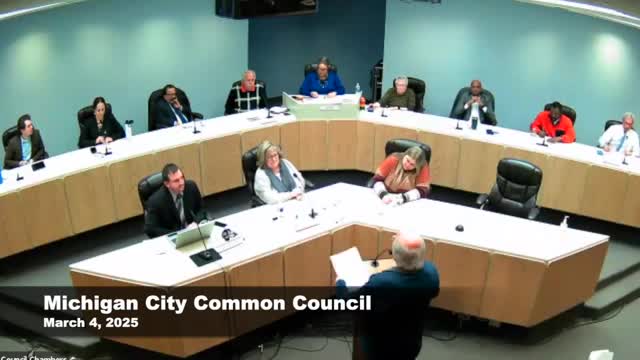
Local grant programs: Community Enrichment awards $610,000; Urban Enterprise Association opens 2025 grant cycle
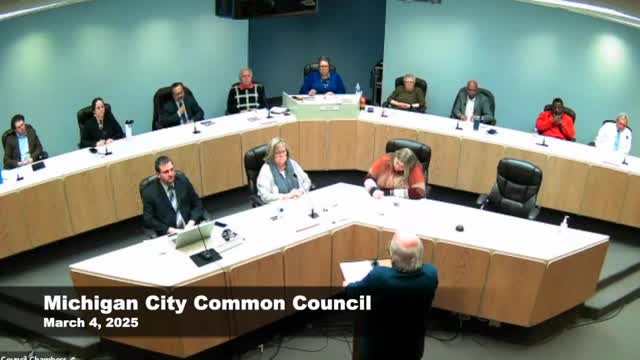
Council considers cutting notice period for weed and grass violations from 10 to 5 days; residents urge keeping 10 days
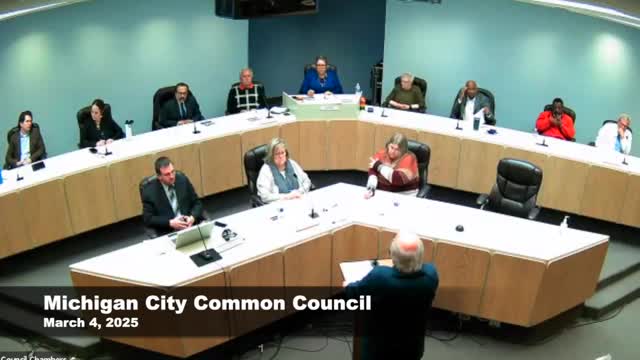
Council holds first reading on airport procurement change to allow build–operate–transfer delivery for fuel system work
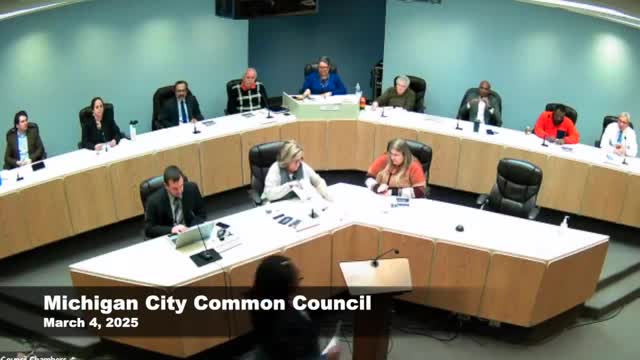
Mayor previews projects, budgets and public-safety gains in condensed State of the City
